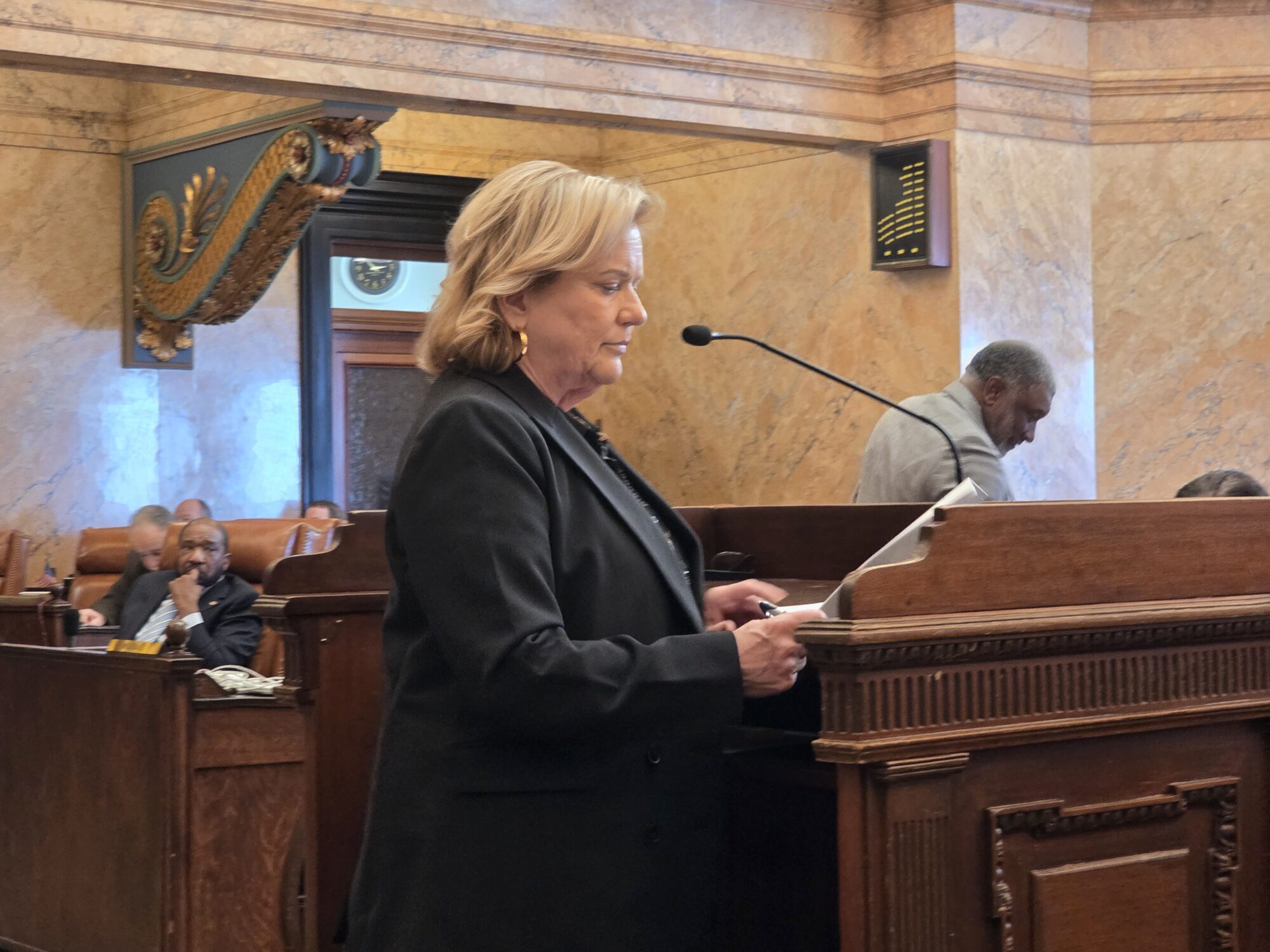
We want you to know, brothers, about the grace of God that has been given among the churches of Macedonia, for in a severe test of affliction, their abundance of joy and their extreme poverty have overflowed in a wealth of generosity. – 2 Corinthians 8:1-2
Affliction is a significant means by which God forms our character, but it is also a means by which He reveals our character. While Scripture gives us many examples of affliction exposing weak moral fiber, there are numerous examples of affliction highlighting virtue, too. One such example is that of the Macedonian church. Paul said that these early believers were “in a severe test of affliction” and in “extreme poverty.” What did this affliction reveal? An “abundance of joy” and “a wealth of generosity.”
The Macedonian model is worth pondering. That’s precisely why Paul mentioned them: he wanted the Corinthian church to learn from them—to “excel in this act of grace” (2 Corinthians 8:7). Consider what made the Macedonians worth emulating:
1. “They gave themselves first to the Lord” (2 Corinthians 8:5). Their generosity was simply an expression of their devotion to Christ. As Lord of all things, He ruled their finances.
2. They gave in response to God’s grace, which had been “given among the churches of Macedonia.”
3. They gave “beyond their means” (v 3). They were willing to forgo some legitimate wants in order that they might supply others’ real needs.
4. They gave “of their own accord” (v 3), not in response to external prodding.
5. They were “begging … earnestly for the favor” of giving to others (v 4)—generous giving was something they wanted to do, not what they felt they ought to do.
Paul wants us to compare ourselves with the Macedonians, so that we are prompted to ask ourselves questions such as these:
1. Am I giving myself first to the Lord?
2. Am I giving in response to God’s grace? Is that what directs the extent of my giving?
3. Am I giving beyond my comfort zone?
4. Am I giving without external compulsion, without being prodded and prompted?
5. Am I clamoring for the privilege of serving the saints?
We don’t know how the Corinthians responded. We can be sure, though, that God wants us to respond with faithful, joyful investment in eternal things. Eventually, we will all stand before Him, and none of that which offers earthly security—savings accounts, stock portfolios, real-estate investments, pension provisions—will mean a thing. On that day, all we will have is the treasure that we have laid up in heaven through our support for the gospel (Matthew 6:19-21). What does your giving reveal about your character?











